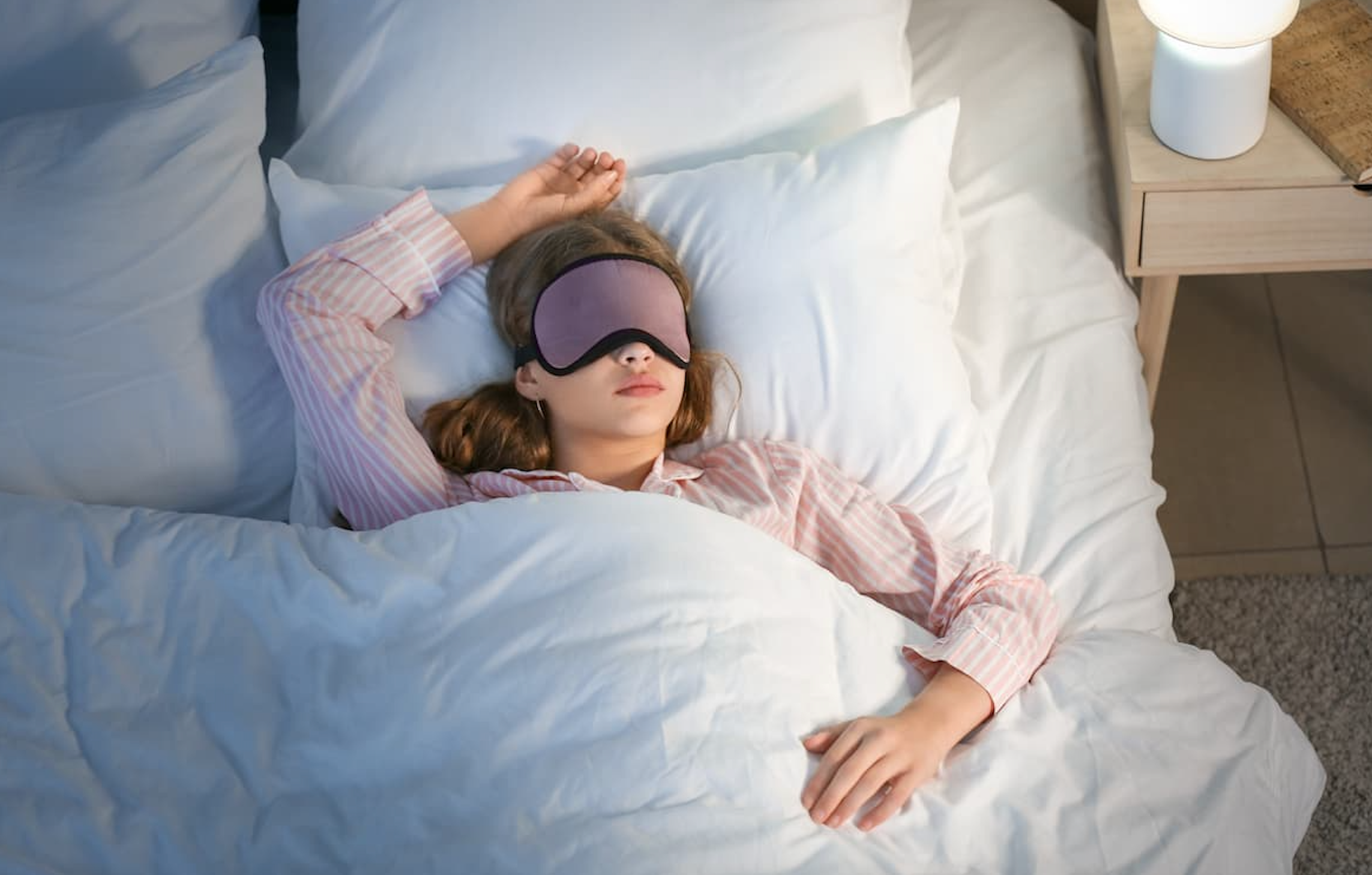
Managing Anxiety and Stress: Practical Tips and Strategies for Coping with Everyday Stressors
Licensed therapist, Brandy Levine, discusses effective tools like CBT and mindfulness practices to help you manage anxiety symptoms and regain control over your life.
By
Brandy Levine| Published on September 6, 2024
8 min read
Dealing with anxiety can be overwhelming, but the good news is that anxiety therapy offers a range of effective strategies to help manage it. Imagine waking up every morning with a sense of dread or feeling your heart race at the thought of a simple task. This is the reality for many people living with anxiety. But it doesn’t have to be this way. By understanding anxiety and taking proactive steps, you can regain control over your life.
What is Anxiety Therapy?
Anxiety therapy is a type of psychological treatment designed to help people understand, manage, and reduce their anxiety. It’s not about erasing anxiety altogether. After all, anxiety is a normal human emotion that everyone experiences from time to time. Instead, therapy aims to help individuals cope with their anxiety in a way that doesn't interfere with their daily lives.
Real-Life Experience: Sarah’s Journey
Sarah was in her mid-thirties when she first started experiencing severe anxiety. It began with small things, like worrying about work deadlines or social gatherings. But over time, these worries snowballed into full-blown panic attacks. She felt trapped, like her life was spiraling out of control. That’s when she decided to seek help through anxiety therapy. Her therapist introduced her to Cognitive Behavioral Therapy (CBT), a widely used method for treating anxiety. Through CBT, Sarah learned to identify the negative thought patterns that fueled her anxiety and replace them with more balanced thoughts. She also practiced relaxation techniques like deep breathing and mindfulness. Over time, Sarah noticed a significant improvement in her anxiety levels. She still experiences anxiety from time to time, but now she has the tools to manage it effectively.
CBT: A Proven Approach
CBT is one of the most effective forms of anxiety therapy. It’s based on the idea that our thoughts, feelings and behaviors are interconnected. By changing the way we think, we can change the way we feel and act. For example, if you have a presentation at work, your first thought might be, "I'm going to mess this up." This thought leads to feelings of anxiety and may cause you to avoid the presentation altogether. CBT helps you identify these negative thought patterns and challenge them. Instead of thinking, "I'm going to mess this up," you might think, "I’ve prepared for this, and I’ll do my best." This shift in thinking can reduce anxiety and make it easier to face the situation.
Exposure Therapy: Facing Your Fears
Another common approach in anxiety therapy is exposure therapy. This technique involves gradually exposing yourself to the things that trigger your anxiety. The idea is that by facing your fears in a controlled way, you can reduce the anxiety they cause. Let’s say you have a fear of flying. Exposure therapy might start with watching videos of planes taking off, then progressing to visiting an airport, and eventually taking a short flight. The goal is to desensitize you to the fear so that it no longer triggers intense anxiety.
Medication: When Therapy Isn’t Enough
In some cases, therapy alone may not be enough to manage anxiety. That’s where medication comes in. Medications such as antidepressants or anti-anxiety drugs can be prescribed to help balance the chemicals in your brain that affect mood and anxiety. However, medication is not a cure. It’s often used in conjunction with therapy to provide a more comprehensive approach to managing anxiety. It’s important to work closely with a healthcare provider to find the right medication and dosage for your needs.
Lifestyle Changes: The Power of Daily Habits
Anxiety therapy isn’t just about what happens in the therapist’s office. It also involves making changes in your daily life. Simple lifestyle changes can have a big impact on anxiety levels. Regular exercise, for example, has been shown to reduce anxiety. When you exercise, your body releases endorphins, which are natural mood boosters. Even a short walk can help clear your mind and reduce anxiety. Diet also plays a role in managing anxiety. Eating a balanced diet with plenty of fruits, vegetables, and whole grains can help stabilize your mood. Avoiding caffeine and sugar can also prevent spikes in anxiety. Sleep is another crucial factor. Lack of sleep can exacerbate anxiety, so it’s important to establish a regular sleep routine. This might include going to bed at the same time each night, creating a relaxing bedtime routine, and avoiding screens before bed.
Mindfulness and Relaxation Techniques: Staying Present
Mindfulness and relaxation techniques are also key components of anxiety therapy. Mindfulness involves focusing on the present moment without judgment. It can help you stay grounded and prevent your mind from spiraling into worry. One simple mindfulness exercise is deep breathing. When you feel anxious, take a few slow, deep breaths. Focus on the sensation of the air entering and leaving your lungs. This can help calm your nervous system and reduce anxiety. Another technique is progressive muscle relaxation. This involves tensing and then relaxing different muscle groups in your body. It’s a great way to release physical tension and calm your mind.
The Importance of Support
Anxiety can feel isolating, but you don’t have to go through it alone. Support from friends, family, or a support group can make a big difference. Talking about your anxiety with someone you trust can provide relief and help you feel less alone. Support groups, either in person or online, offer a space to connect with others who understand what you’re going through. Sharing your experiences and hearing from others can provide new insights and coping strategies.
Seeking Professional Help
If you’re struggling with anxiety, it’s important to seek professional help. A therapist can work with you to develop a personalized treatment plan that addresses your specific needs. Remember, there’s no one-size-fits-all approach to anxiety therapy. What works for one person may not work for another. It’s about finding the right combination of strategies that work for you. If you’re ready to take the first step, consider exploring your options for anxiety therapy.
Final Thoughts
Anxiety therapy offers a range of tools and techniques to help you manage anxiety and live a more fulfilling life. Whether it’s through CBT, exposure therapy, medication, lifestyle changes or mindfulness, there’s a path to relief. The key is to take that first step and seek the help you need. You deserve to live a life free from the constraints of anxiety.
Brandy Levine is a licensed therapist at Stori, specializing in cognitive-behavioral therapy to help clients navigate life's challenges with resilience and insight. Her approach is centered on fostering self-awareness and empowering individuals to enact positive change in their lives.

